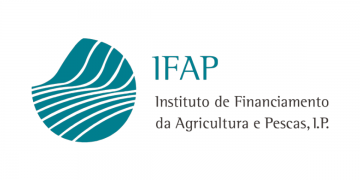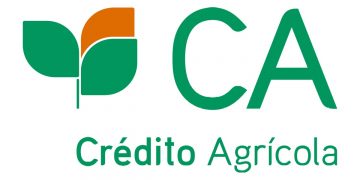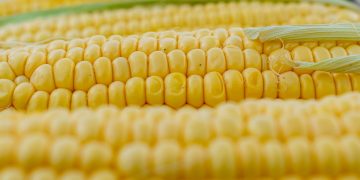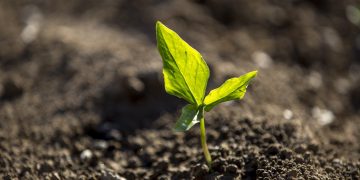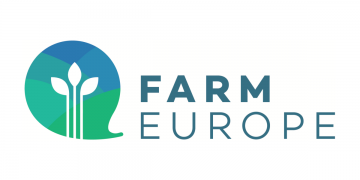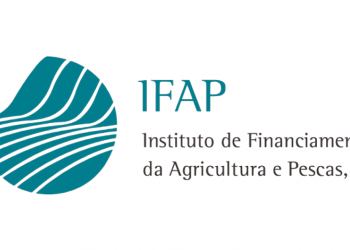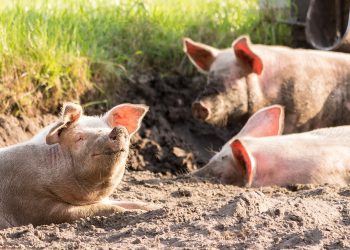When crop scientist Michael Frei grew up in Germany in the 1980s, television screens were filled with scenes of poverty, drought and destruction in Africa. The 1984 Ethiopian famine brought home to millions the human costs of food insecurity on the continent.
It also inspired Frei to get involved in campaigns and fundraising and pursue a career in agronomy, with a specialisation in sustainable plant production and global food security.
For people and planet
Now a professor of agronomy at the Justus Liebig University in Giessen, Germany, Frei is coordinating an EU-funded international research initiative called HealthyDiets4Africa (HD4A), which started in 2023 and will run until 2028.
The initiative establishes partnerships between experts in Africa and Europe, as well as the UN World Food Programme and the International Institutes of Plant Genetic Resources and of Tropical Agriculture. Their aim is to explore together whether greater diversity in the food system could help combat various forms of malnutrition in Africa, benefitting both health and the environment.
From Liberia in the west to Kenya in the east, ‘food system labs’ have been set up in eight countries. These are providing analysis on plants for nutritional value and ways to integrate them into diets, with the work coordinated by Africa Rice Center, a pan-African agricultural research organisation based in Côte d’Ivoire.
“A diverse diet is healthier, can address many of the dietary deficits that we see and overall is more environmentally stable.
Professor Michael Frei, HealthyDiets4Africa
Set against a backdrop where monocultures for crops such as maize have proliferated, Frei thinks using these labs to introduce greater diversity into the food system could help both enrich the nutritional value of food consumed and also have benefits for the environment.
The initiative is a showcase for Food 2030, the EU’s research and innovation policy framework supporting the transition towards sustainable, healthy and inclusive food systems that respect planetary boundaries.
“A diverse diet is healthier, can address many of the dietary deficits that we see and overall is more environmentally stable,” said Frei.
Triple burden of malnutrition
Frei describes Africa as facing a “triple burden of malnutrition” caused by three major nutritional challenges.
Firstly, people still go hungry: estimates from the British Red Cross suggest that more than 150 million people in Africa are without sufficient food. Secondly, even those who have enough to eat are commonly deficient in essential micronutrients such as zinc and iron.
Thirdly, obesity is an increasing issue in urban areas, where diets that are high in processed foods, sugar and unhealthy fats contribute to rising obesity rates and related conditions such as diabetes, hypertension and heart disease.
“In many African countries, you see all of these phenomena at the same time,” said Frei.
Food system diversification is seen as a possible solution to all three of these challenges. Inventive use of less common nutrient-rich crops and their integration into daily use is one path that the research team is exploring.
Strength in diversity
Examples of species being studied are amaranth, a drought-resilient leafy vegetable, and cowpeas, a legume. Both are found in abundance across Africa.
Grown together, these crops support each other and benefit the environment. Cowpeas fix nitrogen in the soil, which in turn benefits the amaranth by reducing the need for chemical fertilisers. Both also have particularly high nutritional values.
Another is the tree Parkia biglobosa, also known as the locust bean tree. It produces nutrient-rich seeds that Frei describes as “protein bombs”. Traditionally, its seeds were used as flavouring for soup. However, over time, this practice fell out of favour, replaced by more convenient but imported and less healthy stock cubes.
In line with the EU-Africa Research and Innovation Partnership on Food and Nutrition Security and Sustainable Agriculture, the HD4A team hopes that its work can rekindle a passion for the past while using new technologies to optimise future cropping systems.
“We do not want to go back to the Stone Age – we just want to make sure people do not abandon the good things they had. We want to help develop diversified, productive modern cropping systems,” said Frei.
A menu for change
Professor Christophe Matthys, a nutritionist based at KU Leuven in Belgium, is helping to translate these advances in plant science into direct benefits for health. Matthys is focusing on integrating nutrients derived from crops into new products, as well as overcoming some of the social challenges in encouraging dietary change.
He points to barriers to healthier diets – mindsets that see overconsumption as a sign of fertility or wealth, or that see healthier choices like fruit as the preserve of the poor or children.
“I really hope we can plant the idea of food diversification in peoples minds.
Professor Christophe Matthys, HealthyDiets4Africa
“We recognise that if our plant scientists are to be successful, we also need to focus on the social aspects, respecting culture, but also optimising health,” he said.
One pilot project with schools in Côte d’Ivoire has involved developing rice crackers containing micronutrient extracts derived from underutilised plants. Through this, the team is testing taste, acceptance and people’s willingness to pay.
“These crackers are expected to provide a diverse nutrient source for school feeding programmes,” said Dr Sali Ndindeng from AfricaRice, who is leading the study.
Nutrition for growth
Matthys is now getting ready to take HD4A’s message about the importance of diversification to policymakers at the Nutrition for Growth (N4G) summit taking place in Paris, France, on 27-28 March 2025.
Held every four years, this pivotal international conference gathers governments, international organisations, businesses and civil society to mobilise commitments and resources aimed at improving nutrition worldwide.
He hopes the summit will draw attention to Africa’s leading role in rethinking the part that diverse food systems play in supporting better health and the environment.
“It’s important to highlight that Africa is more than just undernutrition because that’s still the perception. Africa is also a wealth of possibility, with new vegetables, fruits and crops with beneficial impacts on people’s health,” he said.
Looking ahead, he hopes the work spurs action towards new, locally grown products, which will in time become staples in a more diverse and more nutritious diet both in Africa and beyond.
“I really hope we can plant the idea of food diversification in people’s minds.”
Research in this article was funded by the EU’s Horizon Programme. The views of the interviewees don’t necessarily reflect those of the European Commission. If you liked this article, please consider sharing it on social media.
O artigo foi publicado originalmente em Horizon, the EU Research and Innovation Magazine.

